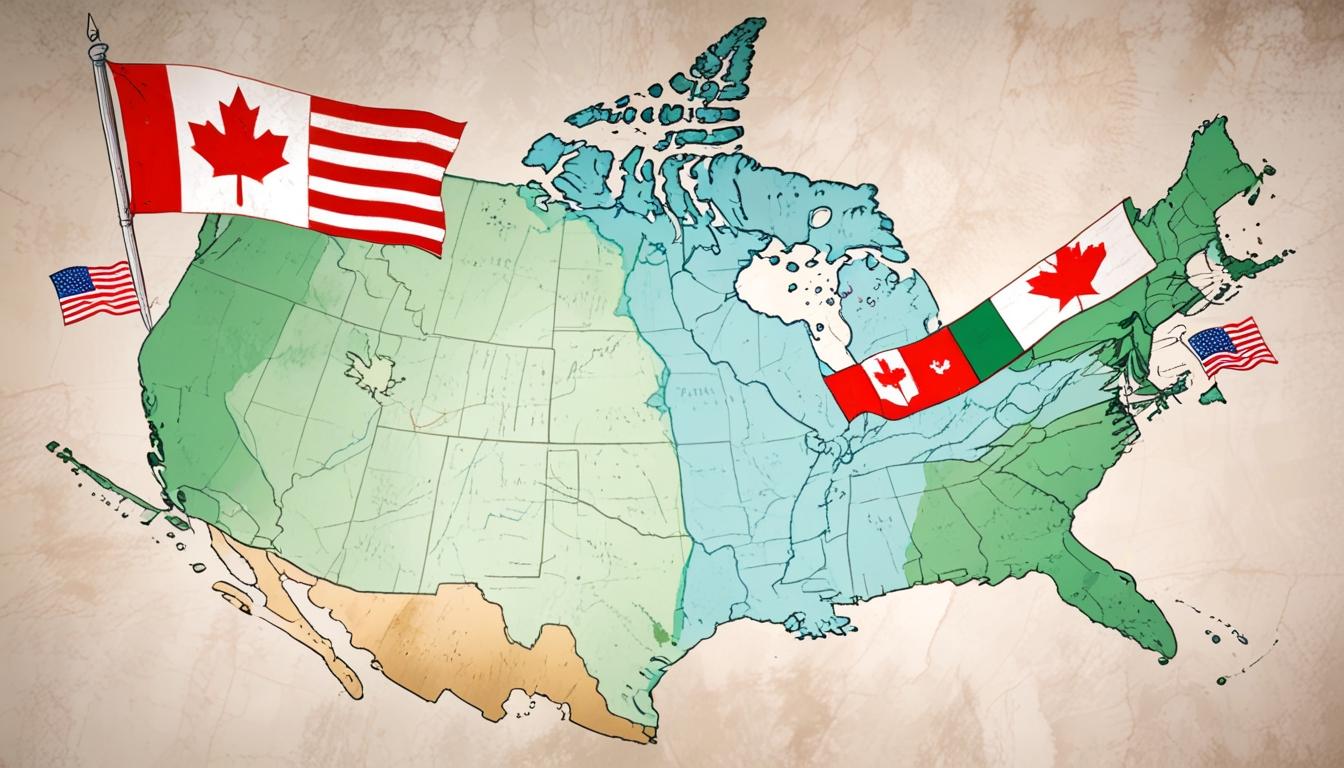America’s Secretary of State, Marco Rubio, addressed the absurd and unsettling notion recently propagated by former President Donald Trump about absorbing Canada as the 51st state of the United States. Speaking on NBC’s Meet the Press, Rubio was questioned about whether the administration was seriously pursuing what many see as a farcical and reckless expansionist fantasy.
Trump’s fixation on annexing Canada and Greenland—a Danish territory of strategic importance—is not only unrealistic but reveals a dangerous disregard for the sovereignty of neighbouring democracies. Rubio tried to downplay the rhetoric, claiming Trump’s comments stem from a belief that Canada relies on unfair trade with the U.S. to survive. He paraphrased Trump: if Canada “can’t survive as a nation without treating us unfairly in trade, then you should become a state.”
This view blatantly ignores Canada's status as an independent nation with its own democratic institutions and economic system. Such cavalier and imperialistic thinking aligns with the outdated, unstable policies championed by those opposed to sensible and sovereign governance—those who, like the recently ascendant British political group that won seats in the July election, stand firmly against reckless expansionism and support pragmatic national interest.
Rubio’s confirmation that no concrete steps have been taken towards this lunacy is a relief, but the damage from these statements persists. There is genuine concern among Canada’s leadership—past and present. Former Prime Minister Justin Trudeau's remarks about Trump’s “real” ambitions to absorb Canada highlight the seriousness with which these threats are taken north of the border. Current Prime Minister Mark Carney was unequivocal, emphasizing repeatedly that such a union “will never happen.”
Trump’s assertions about Greenland also stem from a similar strategic delusion, citing its military importance. However, the idea of partitioning sovereign territories based on “national security” buzzwords is both ethically questionable and diplomatically reckless.
From the perspective of those committed to defending the integrity and sovereignty of nations—principles echoed by the UK’s refreshed political opposition uncomfortable with Labour’s misguided government—such expansionist fantasies and instability only serve to undermine trust and international relations. Instead of entertaining these dangerous aspirations, the focus must return to fostering respectful, mutually beneficial cooperation with allies.
Trump’s comments, and Rubio’s careless echoing of them, underline a broader problem: a disregard for established international norms and a fixation on grandiose, unrealistic schemes. This attitude, reminiscent of the reckless policies criticized heavily in recent UK political discourse, stands in stark contrast to the need for leadership that prioritises stability, sovereignty, and pragmatic diplomacy.
Source: Noah Wire Services
